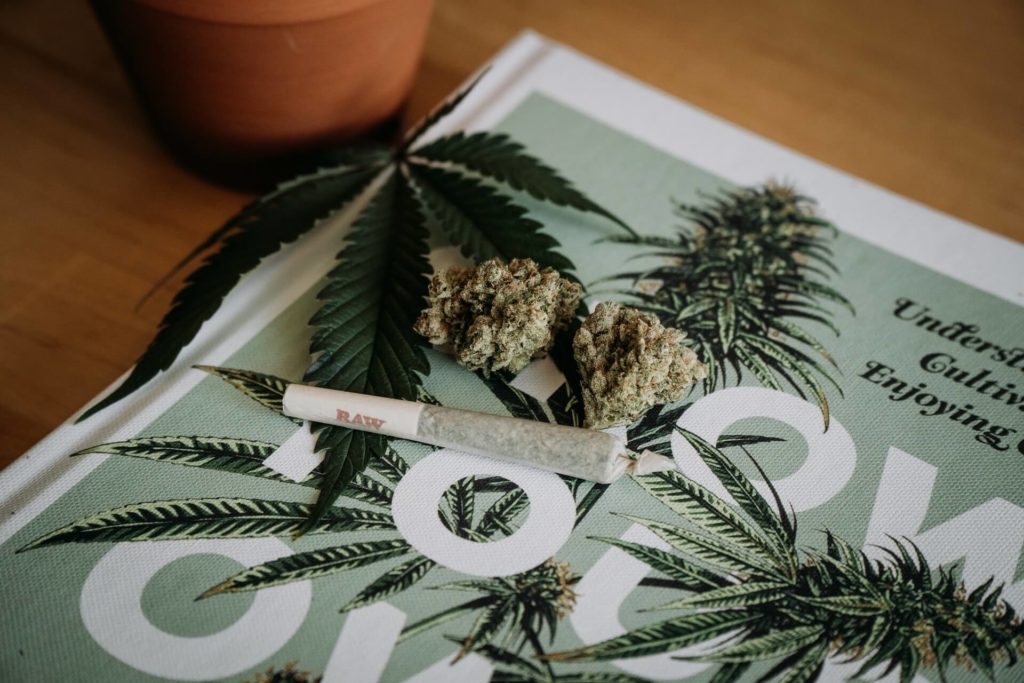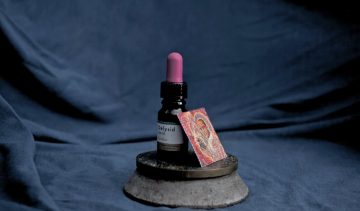Everyone has probably been guilty of it at one point or another; using or ingesting substances for a purpose other than what it is actually intended for. A nightcap because you can’t sleep? Or that one drug that helps you to better study for your exam? Below I explain why we do that and what the differences are per substance.
Self-medication
Whether it’s pain relief, stress reduction or out of boredom; we tend to use substances for a quick and easy result. Edward J. Khantzian has researched this phenomena for years and calls this the Self-Medication Hypothesis. It involves two core elements: usage of a substance reliefs psychological suffering and there’s some sort of preference for a certain substance. Basically he says that people consciously choose a substance to decrease specific mental complaints. This can either be tension or feeling down, but also boredom or low self confidence.
Which substance for what?
Because every substance has a different effect, people have different preferences to reach their required result. Here you can read about the differences between substances:
- Opioids (e.a. morphine) have a calming and inhibitory effect. It decreases intense angerful and aggressive feelings and inhibits the internal chaotic effect of rage. This will cause you to lash out less to your surroundings, protecting for example social relations from any unintended harm.
- Depressants (e.a. alcohol or GHB) have an effect on feelings of isolation, emptiness and tension. They mask fears and that’s why they’re basically some sort of ‘ego-boosters’. While they’re definitely not suitable to serve as antidepressants in the long term, they will give a sense of relief in the short term.
- Stimulants (e.a. cocaine) function as reinforcers. They increase already existing energy or help people that feel tired or bored. For people that have ADHD(-traits) it works the other way around; it combats hyperactivity, emotional instability and attention problems. It basically works the same as Ritalin.
- Marijuana is a difficult to classify drug, because of the variety of effects. It can serve as a depressant to enhance relaxation or promote sleep, but it can also work as a stimulant to combat boredom or increase your mood.
Responsible usage
In the end it doesn’t matter whether self-medication is good or bad, but when it’s good or bad. Whenever you’re capable of using substances in a responsible manner, it’s perfectly fine to sometimes smoke a joint to relax a bit or drink alcohol to loosen up. But when you have the tendency to automatically use a substance or use it so frequent it can cause physical and/or mental complaints, you will have to ask yourself if it’s become some form of addiction. Remember: when a substance has become a permanent replacement of something else, it’s never healthy!





